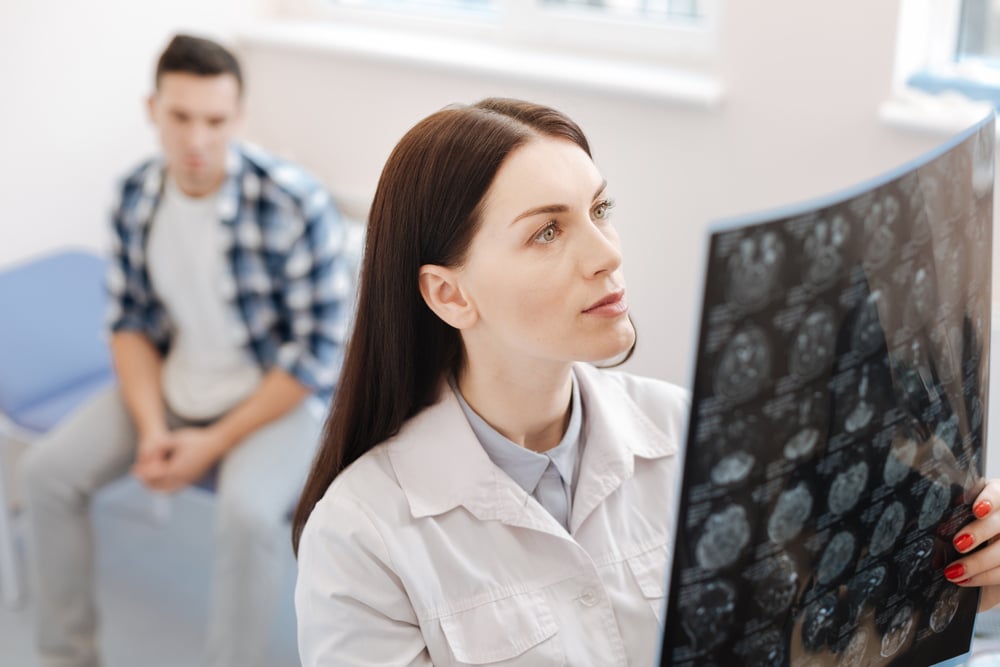Following a serious car accident, you may be concerned about the cost of repairs, your insurance premiums, and your ability to drive again. What you may not expect is that it may also leave you with long-term psychological scars.
Even in the best of circumstances, car accidents can cause stress, anxiety, and other conditions like post-traumatic stress disorder (PTSD).
The shock of such a traumatic event can stay with you for the rest of your life. What you do afterward, on the other hand, is critical and will determine how quickly and well you recover from a car accident.
So, what are some ways to deal with PTSD symptoms after a car crash? Read on to find out more.
Seek Medical Care Immediately After Your Accident
If you’ve recently been in an auto accident, the first thing you should do is get medical attention.
While it may appear to be a good idea to try to gather information about the accident and exchange insurance information, this information will be useless if you are bleeding and require medical attention.
You may feel fine after a car accident, but you could have any number of internal injuries that aren’t visible on an x-ray or other imaging test.
You should see a doctor and get any necessary tests, such as x-rays or MRIs, to make sure you don’t have any internal injuries that require immediate treatment. If you have any cuts, scrapes, or other wounds, clean and bandage them as soon as possible to avoid infection. To help your body heal, try to eat a healthy diet and get plenty of rest.
Try To Relax and Breathe Deeply
If you are in a car accident, you may be concerned about what will happen next. You may be concerned about how you will recover from your injuries, pay your medical bills, and return to work on time once you have fully recovered. You might be concerned about how you will explain this to your family.
These emotions are normal and common in car accident victims, but they can lead to stress and anxiety, both of which are harmful to your mental health.
So, while you wait for medical assistance, try to remain calm and relaxed as much as possible. If you’re in pain, avoid making a lot of movements. Try some deep breathing exercises if you can. Concentrating on your breathing can help distract you from the accident and keep you calm. To help you relax, try visualizing a peaceful place or a happy memory.
Record the Events Before and After the Accident
In the days following your accident, write down everything you remember about it in as much detail as possible. This will help you process the experience better, and you can refer back to it if you start having flashbacks or other memories of the accident.
You might also find it useful to write down your feelings and thoughts at the time of the accident so you can look back and see how you’ve progressed in the months and years since the accident.
Talk to a Mental Health Professional
If you’ve been in a car accident, you might benefit from seeing a therapist.
A therapist can help you process the emotions and feelings that come with being in an accident, as well as deal with any anxiety or stress that may arise as a result. Therapists are trained in various therapeutic techniques such as eye movement desensitization and reprocessing (EMDR) and cognitive processing therapy, which can aid in the recovery of car accident survivors.
If you’re not sure where to begin your search for a therapist, the American Psychological Association’s Psychologist Locator can help. You can also contact your insurance company and inquire whether they have a list of therapists that you can use.
While you may be tempted to postpone seeking therapy until you have fully recovered from your accident, it is best to begin as soon as possible. This will allow you to process your emotions, work through your thoughts, and come to terms with what happened and what needs to happen next.
Build a Support Network
You may have a large network of friends, family, and coworkers who can help you. However, reaching out to these people can be difficult at times. If this is the case, you should think about joining a support group.
Support groups, such as the Car Accident Support Group, can help you connect with other people who have been in car accidents and guide you through the process of dealing with car accident PTSD symptoms.
Write About Your Experiences
Writing can assist you in processing your emotions and coming to terms with your accident and PTSD. As soon as you get your thoughts and feelings about the accident out of your head and onto paper, you can try writing about it. You could also try journaling, which is a similar process in which you write on a regular basis.
If you’ve previously journaled and written, you might want to go back and read those entries. You can see how your thoughts and feelings have changed over time, and you can use your previous writings to help you work through the emotions you are experiencing right now.
Find Specialized Health Professionals Specially Qualified To Treat Auto Accidents

The road to recovery after a motor vehicle collision can be a long journey, and it can be challenging to know where to start. How well you recover is determined by a variety of factors, including circumstances beyond your control and the support network you have in place.
This may necessitate seeing a neurologist or therapist and seeking help as soon as possible, increasing the likelihood that you will be able to recover and move on with your life.
That being said, you don’t have to live with the PTSD symptoms of a car accident for the rest of your life. No-Fault Doctors can provide you with the necessary assistance so that you can begin to recover from your accident and reclaim your life. Doctors listed in our directory accept no-fault insurance, PIP (personal injury protection), workers’ compensation, and other insurance plans.
Call us at (888) 970-5065 to schedule a consultation with one of the experienced healthcare providers near you.
